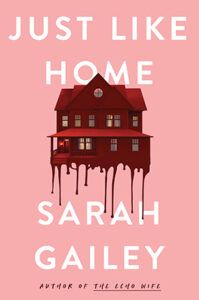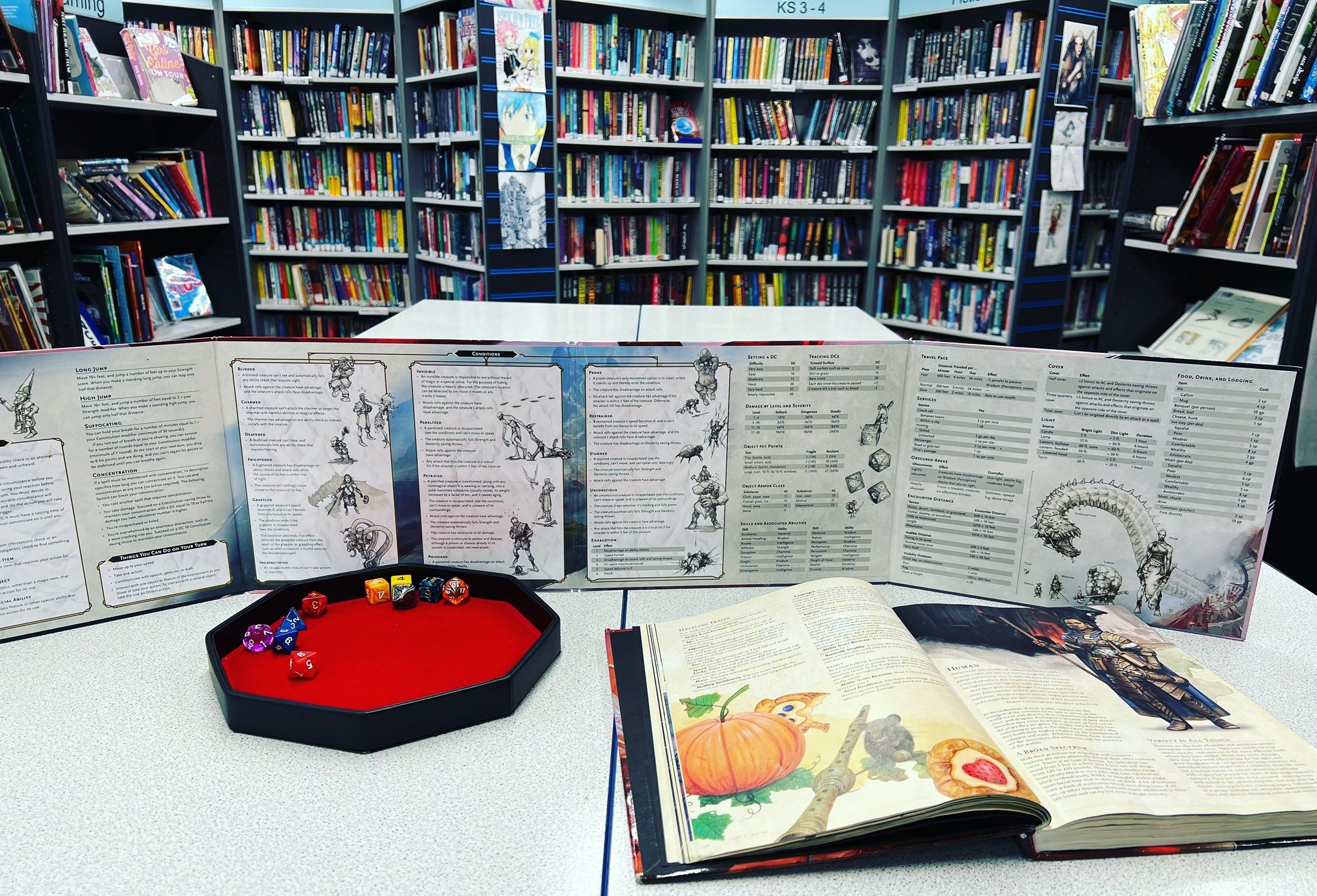The Haunting of Hill House meets I’ll Be Gone in the Dark in bestselling author Sarah Gailey’s new darkly gothic thriller. “Come home.” Vera’s mother called and Vera obeyed. In spite of their long estrangement—she’s come back to the home of a serial killer. Back to face the love she had for her father and the bodies he buried there, beneath the house he’d built for his family. There are secrets yet undiscovered in the foundations of the Crowder House. Vera must face them and find out for herself just how deep the rot goes. It was a relief because it helped me make sense of my life and the experiences I’ve had. It was difficult because I felt angry about not being diagnosed earlier. It also meant that many of my experiences growing were chalked up to me being “strange,” “difficult,” or “anti-social.” Another aspect of being autistic and being completely unaware of it or what it even meant was that I struggled greatly with employment. I could not keep a job as a young adult or even a regular adult. It turns out I don’t really like people telling me what to do, which is a problem, because that’s what 90% of work is. I also lost a lot of jobs because of communication issues or refusal to “play the game” socially with co-workers. I have had many, many terrible jobs so I consider myself lucky that I was able to become a librarian. I think this career suits autistic people. I’m not saying that it would fit every autistic person’s career choice, but I personally feel it suits us. There is a stereotype that autistic people are all like Rain Man, that film has done a huge amount of damage to the autistic community. We are not all like Hoffman in that film, we are as different and complex as anyone else. I can only speak from my own experience and would never assume how I feel about something is the same thing that another autistic person would feel, but I know we are not all like that movie. Being an autistic school librarian can be difficult just like any other job I’ve had in the past, but for whatever reason, I’ve manage to stick with it and even have some success. However, I struggle with many things that make working in general difficult. Here are a few examples, and these would make any job difficult, but I’m talking about being a librarian in this particular article. The great thing about a school library is that it is always busy. The downside is that it is always busy. I am constantly interrupted to do something, and I don’t mind doing any of them but it also adds a feeling of great anxiety in that I have in my head a timeframe that I want something completed and I can feel it slipping away. Once this lost job piles up with other jobs to do, I can crash and burn in that I sit and do nothing, I get burned out very easily. I am not an expert but I feel this differs from what is called Autistic burnout. Autistic burnout (which I have experienced in other situations) is a very serious issue that is often not taken seriously by neurotypical people. It can severely affect mental health and even result in loss of skills. It can result in months-long exhaustion and create major problems in autistic people’s lives. We all feel overwhelmed, but if you’re an autistic person, you’re living in as world that is not set up for you, it’s not accommodating and people will sometimes gaslight you by telling you to suck it up or try harder. It’s tough, and it means you will feel completely overwhelmed and upset a lot of the time. I want to move on to the positive things now, because there are positives to being an autistic librarian. So, how did I become a librarian? I had just been fired from a terrible job in Bristol, UK, selling salt and pepper shakers on commission (I am not kidding) when I went back to my apartment and thought about what I’m good at. Nothing, was the first answer my brain gave me. Then I thought, well, I am good at reading. I then Googled, “what jobs are good for people who like reading.” Never once even making the connection about librarians. Most likely because where I grew up in Canada, we didn’t have any that stood out to me or even existed. I eventually found that you could have a degree in library studies and, out of desperation, decided to pursue it. It means that because things like reading are my special interest, I can discuss books with great excitement, perfect for pitching books to students. I can also spend a lot of time thinking about ways to make reading more fun, cool activities around books, and by being as fearless as possible when it comes to interactions with authors and other entities. No, you don’t need to have autistic or have bookish special interests to be a librarian but in my experience it has helped me greatly. My entire approach to being a school librarian is to create an atmosphere that I would have enjoyed as a lost, confused, and anxious kid. I want that kid to have somewhere safe to go with someone cared in charge. Give autistic people time to process, more time than usual. For me, I’m always assuming people are upset or angry with me, any ambiguity leads me down a spiral of anxiety and dread. Be clear with expectations and instructions. Be aware that this person may not want to make eye contact, it doesn’t mean they aren’t listening or don’t care, it means they cannot stand to make eye contact. Understand that they won’t like to make small talk. Understand that if this person has a special interest, they may talk about it a lot and with great enthusiasm, they may also interrupt conversations or find it hard to use social cues to move on in a conversation. These are the things I find challenging, I am fully aware there are more. I really enjoy being a school librarian and feel it suits me, I don’t think I could do anything else.


